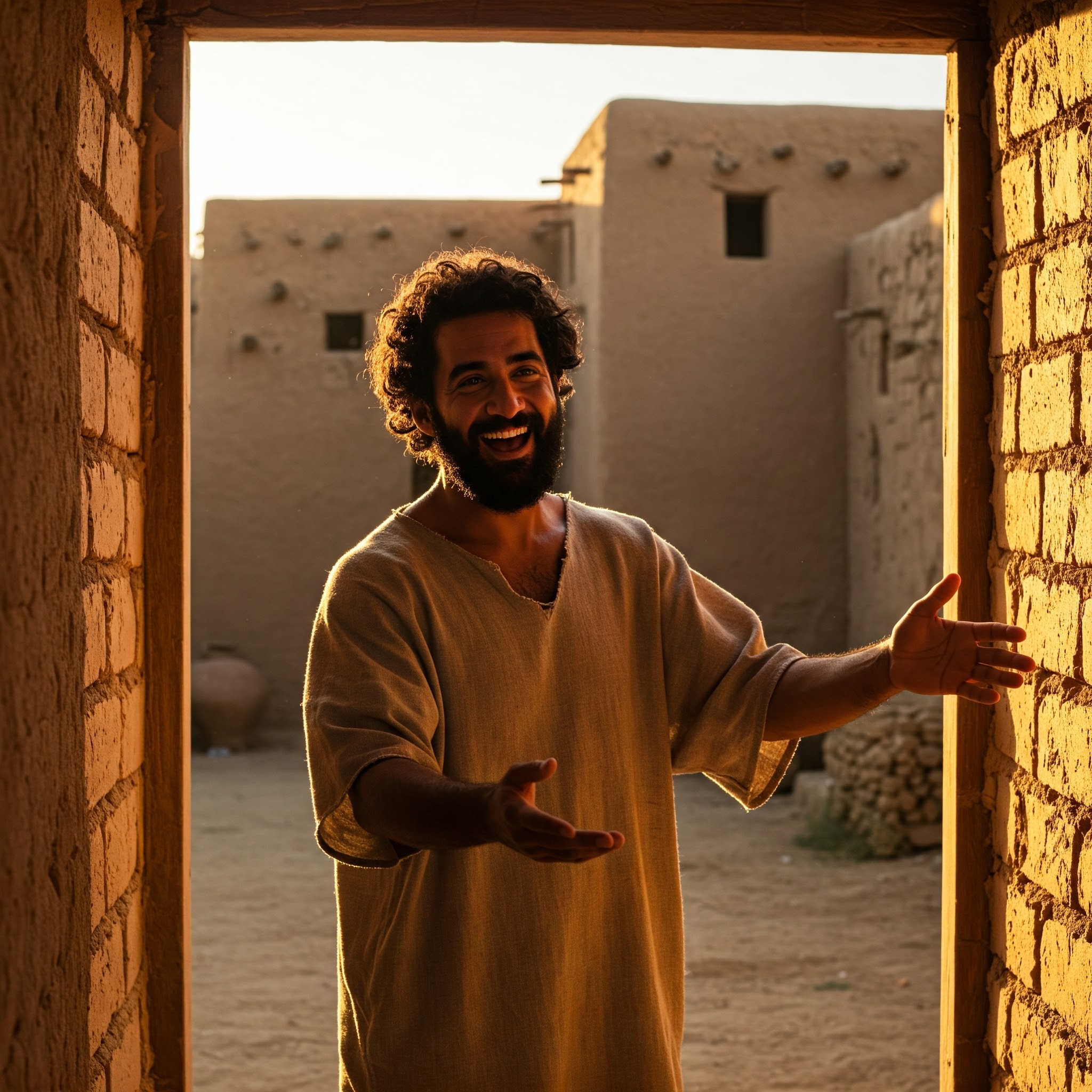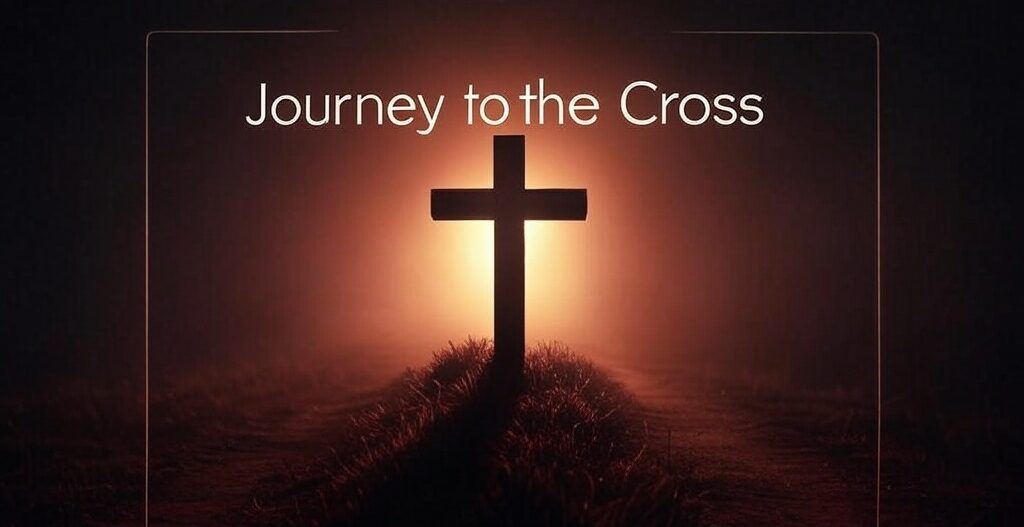Now great crowds were traveling with him. So he turned and said to them, “If anyone comes to me and does not hate his own father and mother, wife and children, brothers and sisters—yes, and even his own life—he cannot be my disciple. Whoever does not bear his own cross and come after me cannot be my disciple.
“For which of you, wanting to build a tower, doesn’t first sit down and calculate the cost to see if he has enough to complete it? Otherwise, after he has laid the foundation and cannot finish it, all the onlookers will begin to ridicule him, saying, ‘This man started to build and wasn’t able to finish.’
“Or what king, going to war against another king, will not first sit down and decide if he is able with ten thousand to oppose the one who comes against him with twenty thousand? If not, while the other is still far off, he sends a delegation and asks for terms of peace. In the same way, therefore, every one of you who does not renounce all his possessions cannot be my disciple.
“Now, salt is good, but if salt should lose its taste, how will it be made salty? It isn’t fit for the soil or for the manure pile; they throw it out. Let anyone who has ears to hear listen.” Luke 14:25-35 (CSB)
Remember our mission?
One of the most haunting images in the Old Testament for me is the moment when God asks Abraham to offer Isaac as a sacrifice(Genesis 22:1-19). I want to talk it down and to justify it away. Sometimes, I’ll stammer that Abraham misunderstood God, and that God saved Abraham by providing the ram in Isaac’s stead.
But I don’t believe this.
I don’t believe it because I remember Abram’s mission. The mission wasn’t Isaac, but to be a blessing to all nations (Genesis 12:1-3). And Abraham could only do that through God. Abraham didn’t care about the mission part, he cared about having a son. So, when God gave him a son in his old age, God was still making sure that Abraham knew the priority of his mission: That the blessing would come from God not through his son. It’s like a parent testing a child with dangerous responsibility. Abraham was there to declare God to the nations, not just to dote on his son.
Amazingly, Abraham responded obediently.
Now, we know God wasn’t and isn’t into child sacrifice. He despised Molech and his worship for it involved that very act (Leviticus 18:21). In fact, the place where these sacrifices took place is where we derived the name hell 1. God was merely making sure that the seed of his promise would take root. For this to happen God must be the a priori, or primary and first love from which even Abraham’s love for Isaac is derived. Loving Isaac is good. But that familial or storge love will not bring about the blessing. Loving God must come first. For Abraham, this love is symbolized through circumcision (Genesis 17:9-14), and through obedience to God’s test.
It is no different for the Christian. Our mission is also neglected if there is any love, even that which is perceived to be good, that is placed above our love for God and his love for us. Once again, this is a pep talk Jesus is giving with his disciples on the way to Jerusalem, which is why he is encouraging them to focus and prepare. Don’t love anything or anyone more than God! By definition one cannot and be a follower of Christ, for to be a follower means to live his mission, obediently, which means placing the mission above secondary connections of love.
God comes before child, spouse, mother and father. Are these then bad? Of course not, they’re beautiful and amazing. But they don’t come first. It is not only money, sex, and power that become idols when placed too highly. As C.S. Lewis quotes in Mere Christianity, if the Devil can’t get us by our vices, he’ll use our virtues. Anything to place something between us and God. For when that happens, we become as useless as salt that isn’t salt. We’re so ineffective, we’re not worth having around.
So love God first, Jesus say, then, and only then, you will be able to bless abundantly and fully.
- Ge Hinnom in Hebrew translates to Gehenna in Greek which translates to Hell in English. Related to yesterday’s email, Hell is the place that is furthest from where heaven is on earth, which is child sacrifice pretty much sums up. ↩︎









